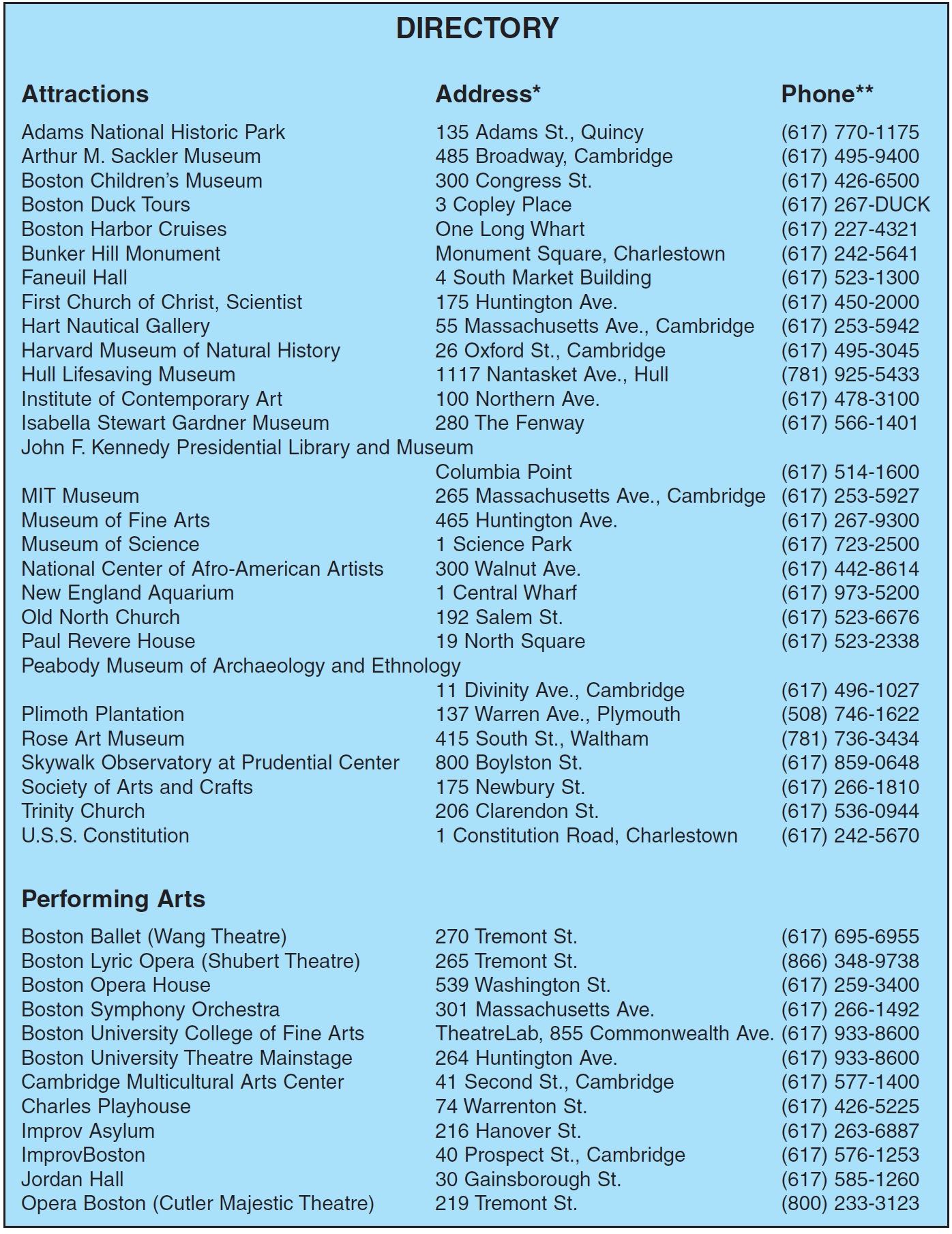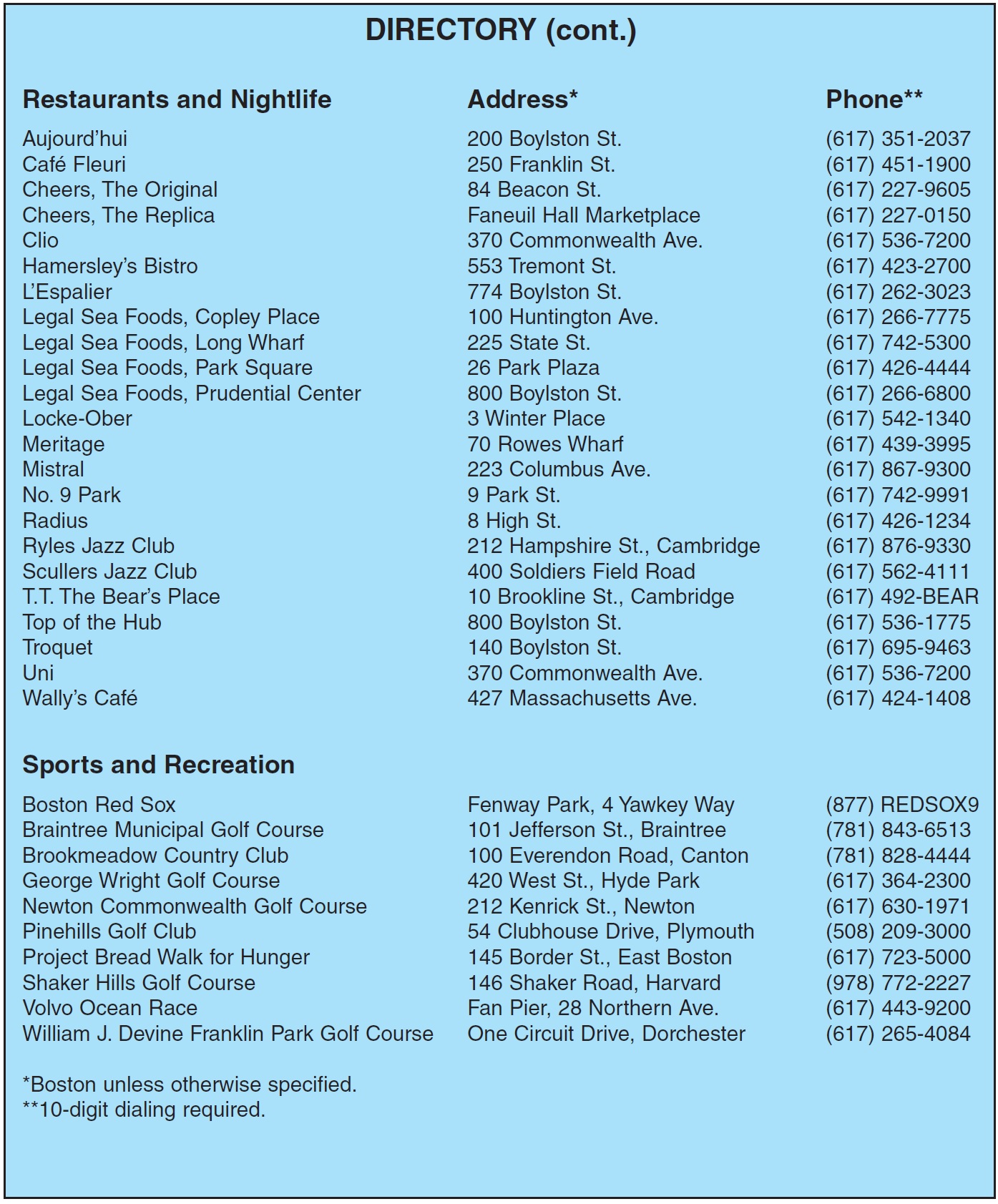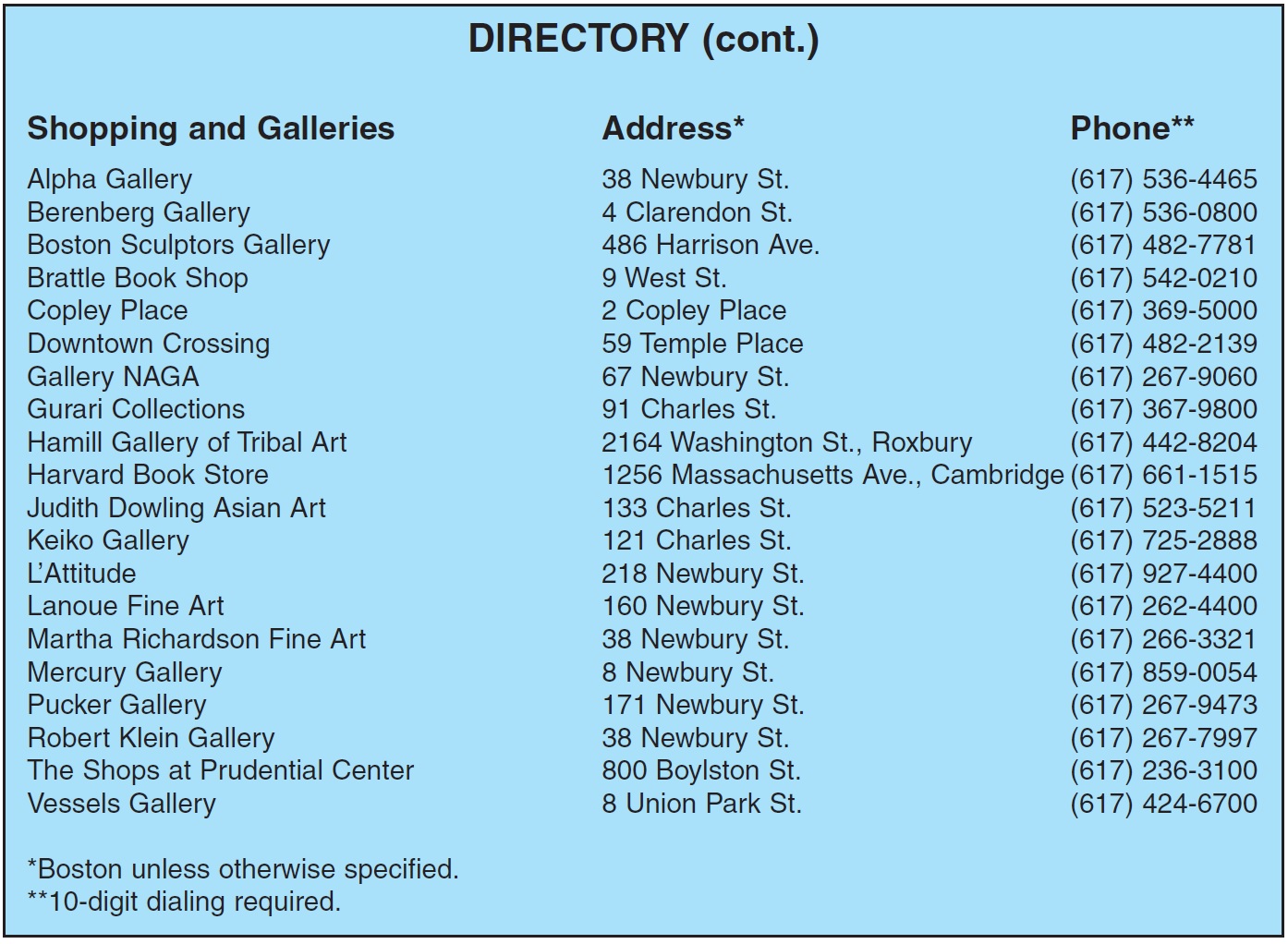THE EDITOR'S CORNER
We have learned from articles about malpractice--Correcting and Preventing the Overbite of Malpractice Claims, September 1976 JCO; and JCO Interviews Aaron Rubin on Malpractice--Jan. issue--that the principle of informed consent requires that a patient be informed about what is going to happen to him so that he understands it and is aware of what he is consenting to. Apart from avoidance of malpractice suits, this makes for good patient relations anyway. However, if we are not careful with our language, we may fail to get a patient's consent to a relatively innocuous procedure which may sound painful, dangerous or downright harmful to a patient uninitiated in our jargon.
"Here is a case with a deviate or reverse or infantile swallow and a mutilated dentition. First we will acid etch the teeth for attachment of the brace for palate splitting. We will leave that appliance in for several months to guard against collapse. If there is any relapse tendency, we will do some spot grinding and stripping."
Surely we can make better use of language in order to express ourselves less harshly, more accurately, more understandably; in general, more acceptably. How would you like to hear your child's condition and what was going to be done about it described in those terms?
Split his palate? That's not something someone would look forward to letting you do. Even separating his palate. Expanding it, maybe. And, when it is done the whole thing might collapse? My God! Then he's going to grind the teeth? And strip them? Of what? The enamel?
Etch his teeth with acid? Not likely.
He has a mutilated dentition? How awful! The child is a deviate? Infantile? Swallows in reverse?
There is a middle ground which neither deceives people on the one hand nor frightens them away on the other.
I have a personal aversion for "wet-fingered dentist" and for "the ugly duckling stage" and for "the Andy Gump chin". We talk of head caps and chin caps, when these have not been caps for fifty years. A big offender is "night brace" for an appliance that we want the patient to wear 12, 14 or more hours a day. Hook is probably a bad word. It is what it is, but hook conjures up some bad connotations. Serial extraction is used to describe procedures, that are not serial.
"Broken appointment" is inaccurate. Nothing was broken. An appointment was missed. As a matter of accuracy, if broken could be used, it is an active word and would refer to a cancelled appointment.
Most of our "emergencies" do not have the urgency of an emergency. Rather, they are extra appointments for repair, maintenance or adjustment.
In third party programs, we have accepted new definitions for old words without questioning them. For example, when Medicaid was started, people were identified as medical indigents. In the most liberal application of the term, a family could earn $7-8,000 a year, own a car, a home, a TV set, a $20,000 insurance policy, and have $5,000 in saving bank and be considered medically indigent. That was admittedly the most liberal program, but essentially medical indigency included those who could afford to pay their other bills, but then could not afford to pay their medical bills. The government found it easier to set it up this way, than to describe as an "automotive indigent" one who paid his medical and other expenses, but then could not afford to pay for his car.
We accepted the phrase "prior authorization of treatment" until quite recently, when we realized that the insurance company ought not to be authorizing treatment, and this phrase has been corrected to "prior determination of benefits". We accepted usual, customary and reasonable as if this were a single fee concept. Usual is your usual fee which is not what is paid, unless your fee is at or under the definition of customary. Customary is a percentage of a percentage. It could be decided that customary was 100% or less of the fee that a certain percent of the dentists in the community charge for a service. Reasonable is not a lesser fee, but a greater fee than the customary, if you can convince the company that it is within reason to charge more in a special case. Dental insurance itself is a misnomer, since it is not insurance. We said we favor freedom of choice of dentist, while in our dental service corporations we have participating dentist agreements which are used to limit freedom of choice; and we told ourselves it was all right because most of the dentists were in the program.
So, we have been careless in our use of words in dealing with patients and with third party programs. It will pay us dividends in the future to try to turn people on with words and not turn them off and to understand just what the third party language really means in order to be sure that the party isn't being thrown at our expense.











